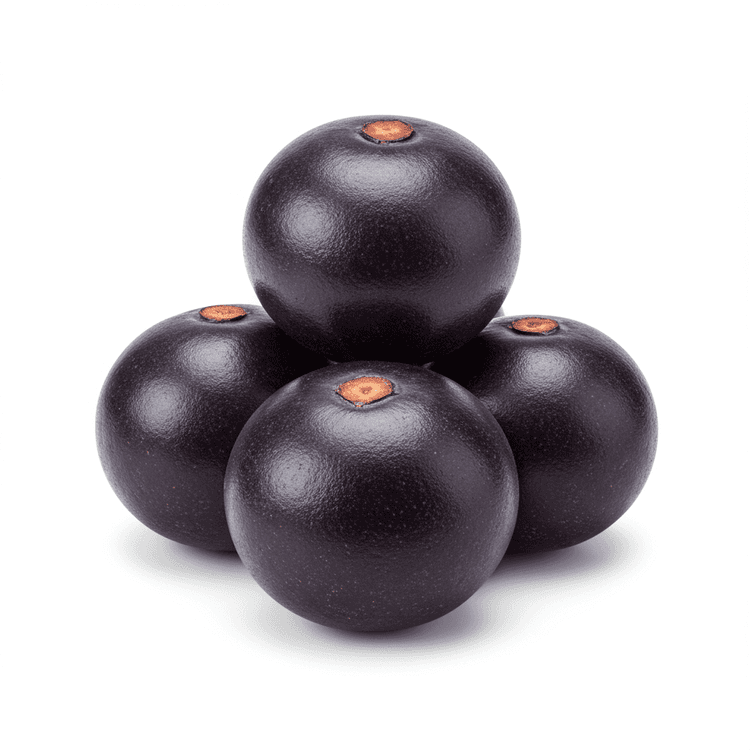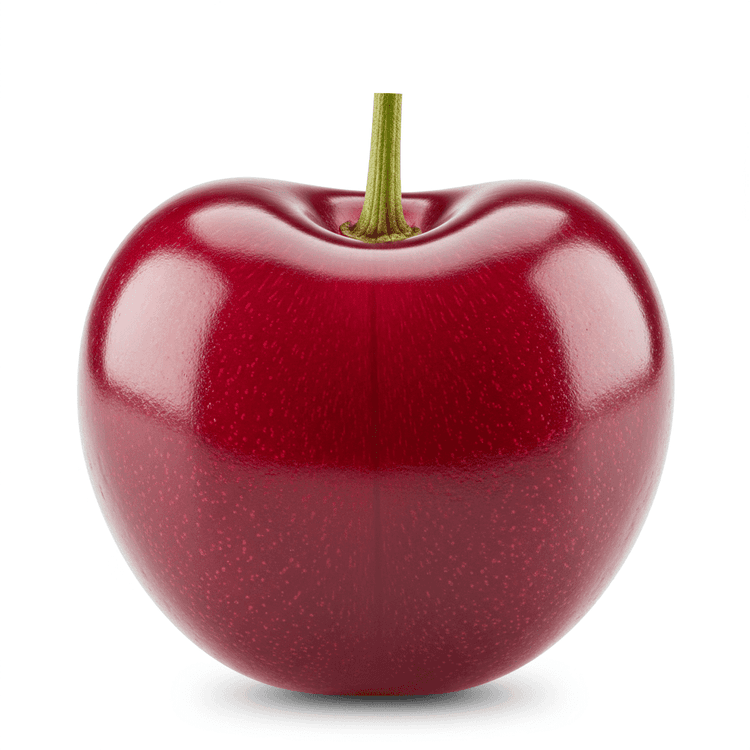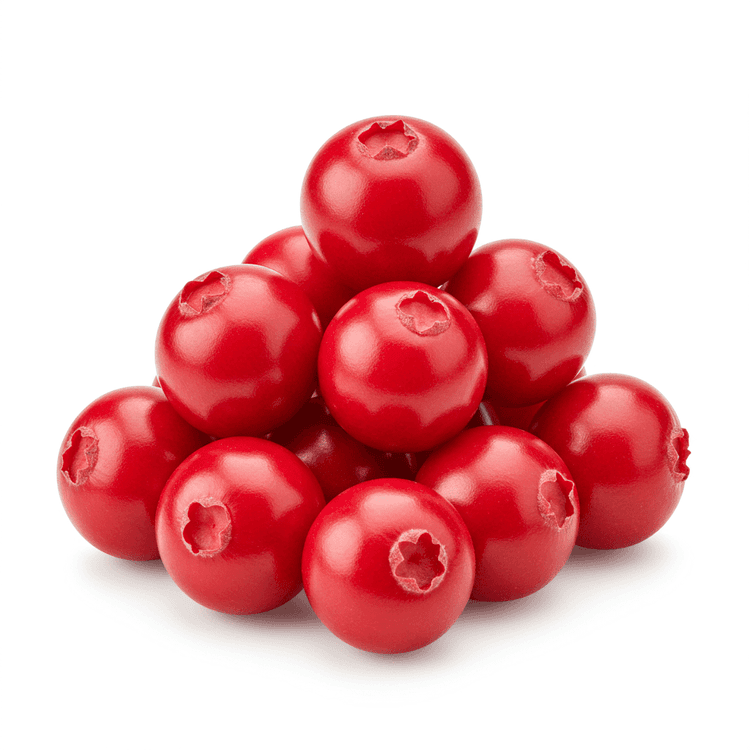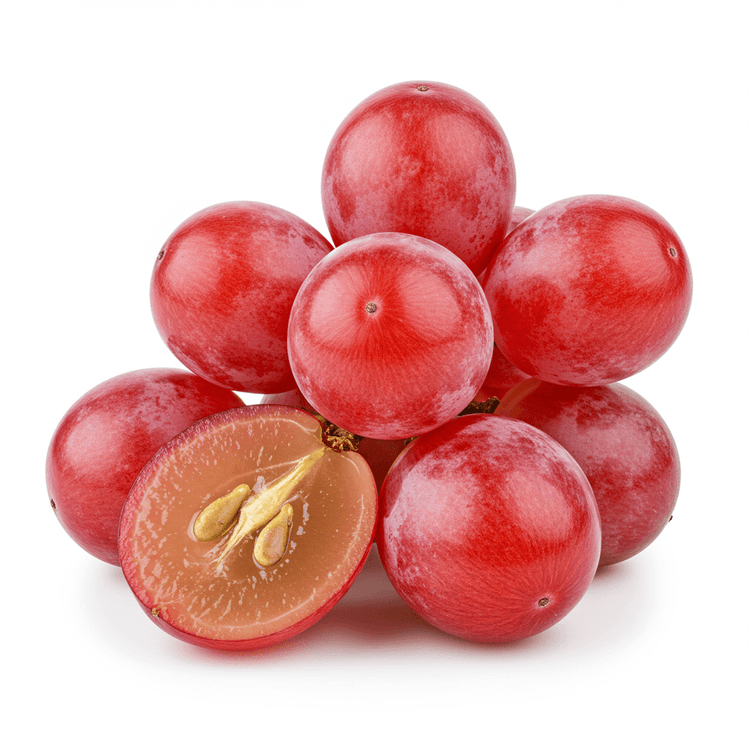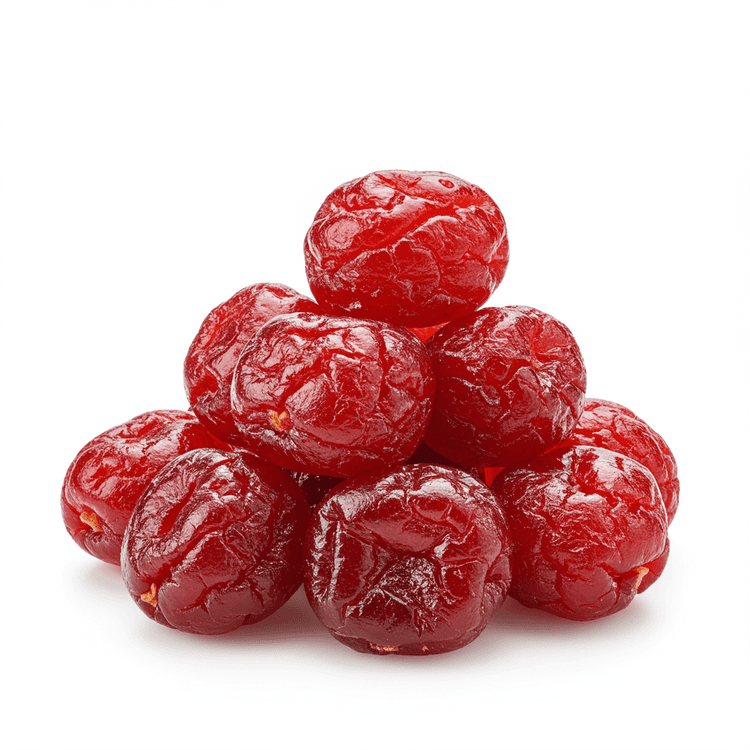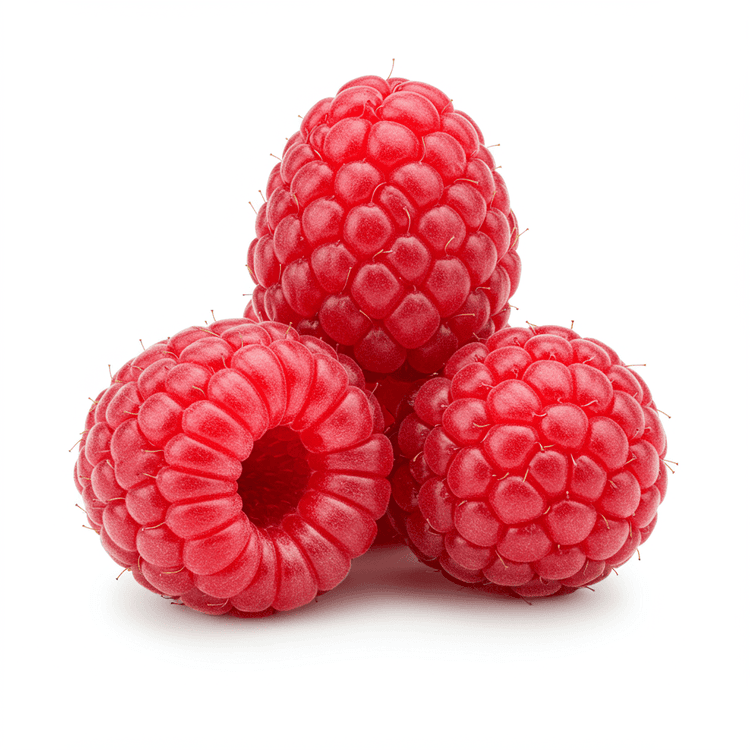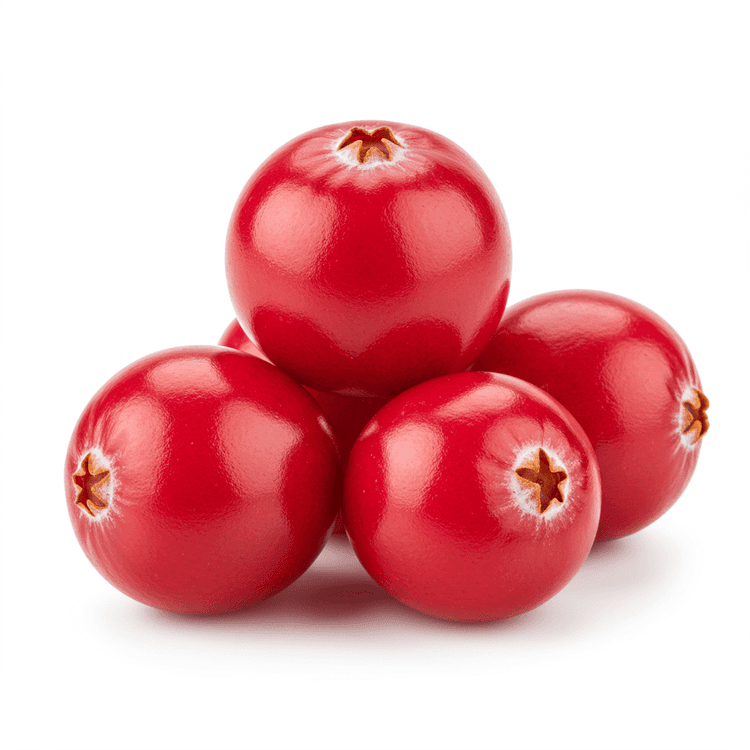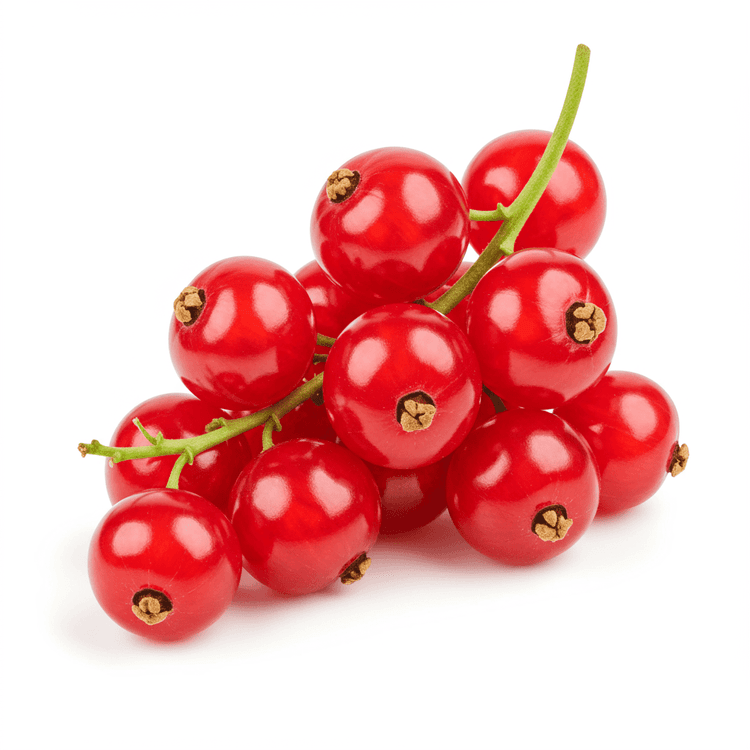
Pomegranate Seed
Pomegranate seeds, also known as arils, are the juicy, gem-like seeds found within a pomegranate fruit. These vibrant red seeds offer a burst of sweet and tart flavor, making them a refreshing and visually appealing addition to many dishes. Their texture is slightly crunchy, releasing a flavorful juice as you bite into them. Pomegranate seeds are not only delicious but also packed with antioxidants, adding nutritional value to your meals. Using fresh pomegranate seeds adds a beautiful pop of color and flavor to both sweet and savory recipes.
Common Uses
- Pomegranate seeds add a delightful crunch and sweet-tart flavor to salads. Sprinkle them over mixed greens, grain bowls, or fruit salads for enhanced taste and visual appeal.
- Use pomegranate seeds as a vibrant garnish for roasted meats and vegetables. Their sweet and tangy juice complements savory flavors and adds a pop of color to your dishes.
- Pomegranate seeds make a refreshing and nutritious addition to smoothies and juices. Blend them with other fruits and vegetables for a boost of antioxidants and a burst of flavor.
- Incorporate pomegranate seeds into desserts such as yogurt parfaits, ice cream toppings, or baked goods. Their jewel-like appearance and sweet-tart taste elevate the presentation and flavor profile of sweet treats.
- Create a flavorful pomegranate salsa by combining pomegranate seeds with diced onions, cilantro, jalapeños, and lime juice. Serve with grilled fish, chicken, or tortilla chips for a refreshing and vibrant appetizer.
- Pomegranate seeds can be used to make pomegranate molasses, a thick and tangy syrup used in Middle Eastern cuisine as a marinade, glaze, or dressing.
Nutrition (per serving)
Nutrition (per serving)
Calories
68.6kcal (3.43%)
Protein
1.4g (2.86%)
Carbs
15.7g (5.72%)
Sugars
11.8g (23.7%)
Healthy Fat
0.2g
Unhealthy Fat
0.0g
% Daily Value based on a 2000 calorie diet
Nutrition (per serving)
Calories
68.6kcal (3.43%)
Protein
1.4g (2.86%)
Carbs
15.7g (5.72%)
Sugars
11.8g (23.7%)
Healthy Fat
0.2g
Unhealthy Fat
0.0g
% Daily Value based on a 2000 calorie diet
Health Benefits
- Rich in antioxidants to combat free radicals and reduce oxidative stress.
- May improve heart health by lowering blood pressure and cholesterol levels.
- High in vitamin C, supporting immune function and skin health.
- Source of dietary fiber, promoting healthy digestion and gut health.
- Contains anti-inflammatory compounds that may alleviate symptoms of arthritis and other inflammatory conditions.
- Potential anticancer properties, helping to inhibit the growth of certain cancer cells.
Chefadora AI is here.
Experience smarter, stress-free cooking.
Storage Tips
Pomegranate seeds are best stored in an airtight container in the refrigerator. This helps maintain their moisture and prevents them from drying out. They can typically last up to 5-7 days when refrigerated. For longer storage, pomegranate seeds can be frozen. Spread them out on a baking sheet, freeze until solid, then transfer to a freezer bag or container. Frozen seeds can last up to several months and are great for adding to smoothies or desserts.
Marnirni-apinthi Building, Lot Fourteen,
North Terrace, Adelaide, South Australia, 5000
Australia

